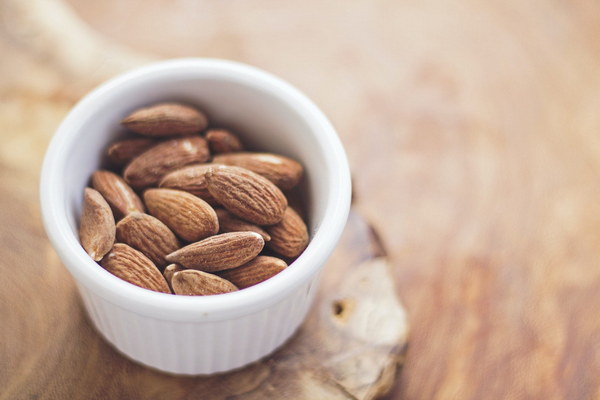Liver Care and Belly Fat Reduction Can They Go Hand in Hand
In the quest for a healthier lifestyle, many individuals turn to various methods to shed excess weight and achieve a trimmer figure. One area of interest that has gained popularity recently is the idea that liver care and belly fat reduction might be interconnected. But does taking care of your liver actually lead to a slimmer waistline? Let's delve into this intriguing topic and explore the potential link between liver health and belly fat reduction.
The liver is often referred to as the body's detox center because it filters out harmful substances and metabolizes fats. When the liver is functioning optimally, it can effectively process and store fats, leading to a healthier body composition. Conversely, a liver that is overburdened or damaged may struggle to perform these functions, which can contribute to weight gain, particularly around the abdomen.
Belly fat, also known as abdominal fat, is a type of body fat that is stored in the abdominal cavity. It is more metabolically active than fat stored in other parts of the body, such as the hips and thighs. This means that excess belly fat can lead to a higher risk of chronic health conditions like heart disease, type 2 diabetes, and certain types of cancer.
So, how does liver care play a role in belly fat reduction? Here are some key points to consider:
1. Detoxification and Fat Metabolism: A healthy liver is crucial for efficient fat metabolism. When the liver is functioning properly, it can break down fats and convert them into energy. However, if the liver is damaged or overworked due to factors like alcohol consumption, poor diet, or exposure to toxins, it may struggle to metabolize fats, leading to an accumulation of belly fat.
2. Inflammation and Fat Storage: Chronic inflammation in the body, which can be exacerbated by poor liver health, is linked to the development of belly fat. When the liver is inflamed, it releases inflammatory markers that can promote fat storage around the abdomen.
3. Glycogen Storage: The liver plays a role in storing glycogen, which is the stored form of glucose. When blood sugar levels drop, the liver releases glycogen into the bloodstream to maintain energy levels. However, an overabundance of glycogen can lead to increased fat storage, including around the midsection.

4. Alcohol and Liver Health: Excessive alcohol consumption is a major contributor to liver damage. Not only does alcohol directly harm the liver, but it also leads to increased insulin resistance and fat storage, particularly in the abdominal area.
5. Diet and Liver Health: A balanced diet rich in fruits, vegetables, lean proteins, and whole grains can support liver health and aid in belly fat reduction. Foods that are high in antioxidants, such as green tea and dark chocolate, can help reduce oxidative stress on the liver and promote fat metabolism.
To enhance liver health and potentially reduce belly fat, consider the following strategies:
- Limit Alcohol Consumption: Reduce your intake of alcohol or consider abstaining altogether to minimize the risk of liver damage and its associated effects on fat storage.
- Eat a Balanced Diet: Incorporate a variety of nutrient-rich foods into your diet to support liver health and overall well-being.
- Exercise Regularly: Physical activity can improve liver function and promote fat loss, including belly fat.
- Manage Stress: Chronic stress can lead to elevated cortisol levels, which are associated with increased abdominal fat storage. Engage in stress-reducing activities such as meditation, yoga, or deep breathing exercises.
- Avoid Toxins: Minimize exposure to environmental toxins by choosing organic produce, using natural cleaning products, and avoiding smoking.
While there is no guarantee that liver care will directly lead to belly fat reduction, improving liver health is a crucial aspect of a well-rounded approach to weight management and overall health. By adopting a holistic approach that includes a healthy diet, regular exercise, stress management, and liver care, you may find that your efforts contribute to a slimmer waistline and a healthier liver.









